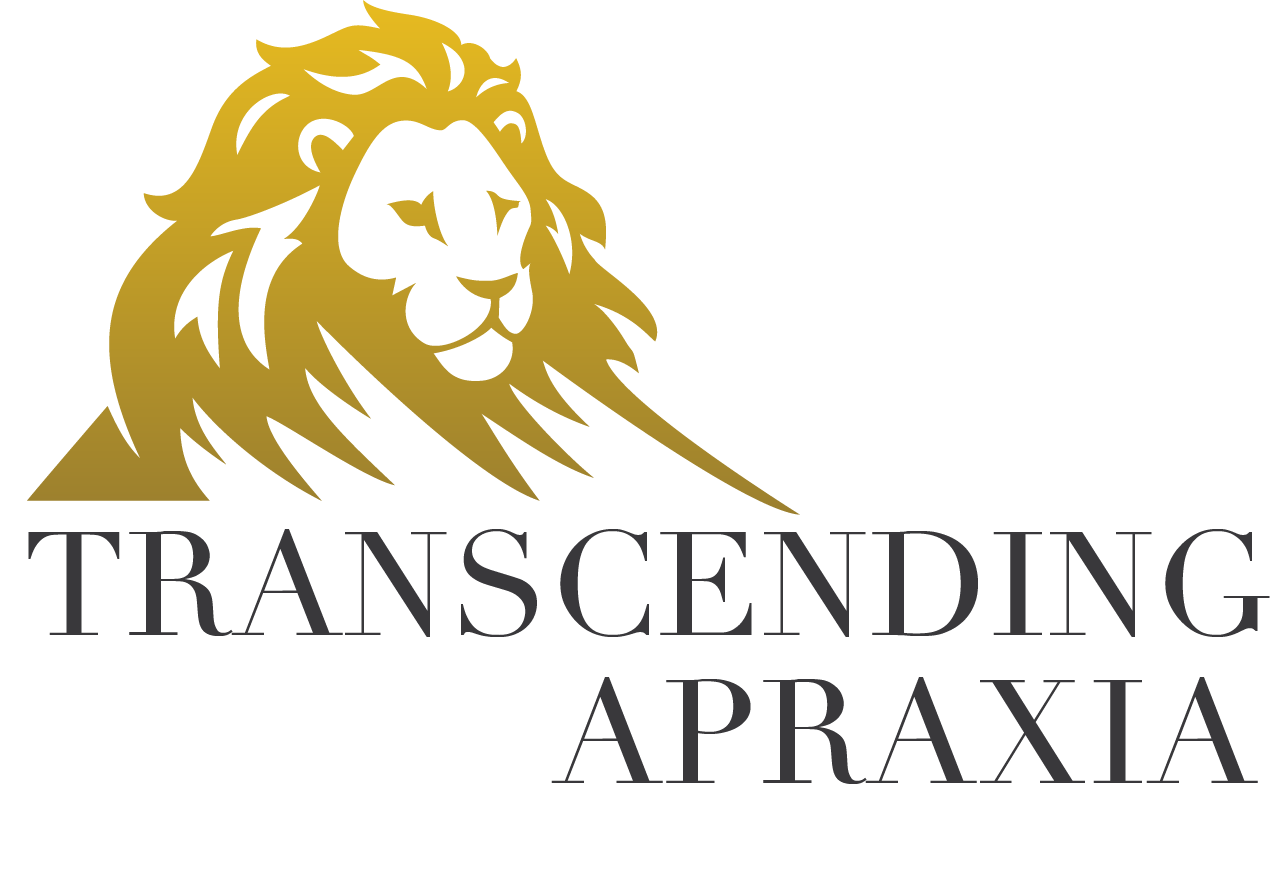Transcending with Acceptance
From the time my oldest son regressed developmentally in 2004 and stopped speaking, pointing & sharing attention with me through the time of his diagnosis of autism mid-way into 2005 I sought to identify my authentic feelings about the terminology used to describe what was happening. I admit that I didn’t start out thinking he was born “autistic” or “neurodiverse” because at one year of age he didn’t have a single symptom from the list of DSM IV (back then) criteria that led doctors to give someone such a label. I also had witnessed firsthand the reversal of his developmental milestones over the next six months which made it seem all the more likely to me that he “developed autism.” But which was the case? Was he born autistic or did he develop autism? And an even better question was, did the answer matter? In a perfectly ambivalent way, my answer to the latter question was both a yes AND no.
Now before I fire up the entire neurodiverse community with that last statement, please understand I’m simply sharing my own early experience. For me and my very right-brained, data-driven internal processing style I tried to make sense of what was happening at the time in a way that I could understand and then determine what - if anything - I was supposed to do. If he was born a certain way then there’s nothing I would want to do but embrace and accept his neurodiversity, of course! But if he developed a condition which brought along things causing him intense challenges, wasn’t I obligated as his mother to try to alleviate his suffering? Isn’t that what all parents do for their children whether neurotypical or neurodiverse?
In those early days what helped me most was to think of him more as a “boy with autism.” There was an undeniable duality that yes, I loved my boy just as he was AND that I planned to work tirelessly to help him transcend, or rise above, certain conditions he was experiencing that were causing him discomfort. Conditions such as his sensitive but constantly-seeking sensorimotor system which led to endless meltdowns and a limited ability to enjoy the world around him; his global apraxia which left him with zero effective communication skills; and above all else his debilitating gastrointestinal symptoms which caused him years of intractable pain until successfully treated. In no way was I ever trying to change him or the intricate and invisible bits that made him “him” but I definitely wanted to remove the things blocking him from being and becoming the fullest expression of who he was and is.
So can a person accept something and transcend it’s challenges at the same time, you ask? I think so. I feel like I did in accepting both of my sons’ neurodiversity and helping them feel better and learn to communicate.
Today after working with and meeting many nonspeakers who’ve become fluent spellers and typers I understand that for someone who is autistic identifying as such often brings them pride, a sense of belonging and self-esteem. And let me pause here to say I too think there are so many things about autistic people (or people with autism) that are really, really awesome not to mention being a parent of autistic boys is the greatest gig I’ve ever had. I am in deep appreciation of the uniqueness of each of my clients, both of my children, and of all the diversity - neurological and otherwise - that makes this world a brighter and more beautiful place. But I’ve also learned that this topic of person-first vs. identity-first language can be at best confusing and at worst controversial. Who am I, since I’m not autistic nor do I have autism, to say which is correct? In my experience that is up to the person to decide for him/her/themselves.
If you’re like me though and want to be sensitive to this topic here is an article I found particularly helpful. ( I am Disabled: On Identity-First Versus People-First Language by Cara Liebowitz.) Today since the majority of autistic people I’ve personally met (including my eldest son) say they prefer identify first language, I go with that as a default. But I also pivot when/if someone has asked me to use person-first language with them and I most definitely do have some clients who do not like using the word “autistic” to describe themselves. I respect that too. At Transcending Autism & Apraxia there is room for everyone’s perspective.
Thank you Mahatma Ghandi for the timeless wisdom you shared when you said “Be the change that you wish to see in the world.” At our clinic we strive to do exactly that by modeling acceptance at the broadest and deepest level possible, right down to whether you call yourself autistic or someone with autism. We have hopefully curated an environment where everyone who crosses the threshold can BE who they are, BELONG to a community, and BECOME the fullest expression of who they are while transcending any obstacles in the way from accomplishing their goals.


